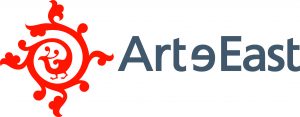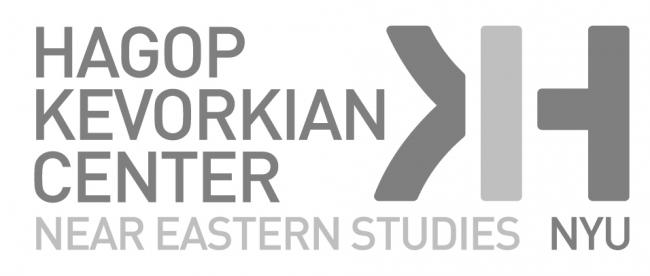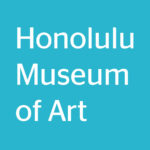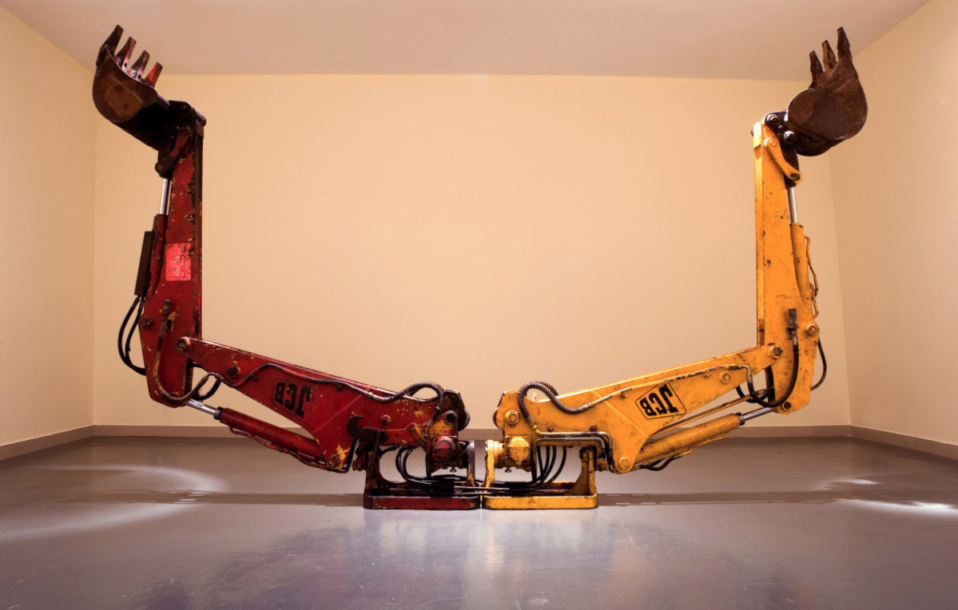Image: Ka (JCB, JCB), 2009 by Nida Sinnokrot
Alternative Archives: Discourses and Disruptions
AANM, ArteEast and NYU’s Hagop Kevorkian Center for Near Eastern Studies are excited to come together to present Alternative Archives: Discourses and Disruptions, a series of events that will explore themes of storytelling, archiving and evolving technologies in the digital world as they relate to the SWANA (South West Asia and North Africa) region. These programs are part of two broader thematic series from the Kevorkian Center titled Digital Forays and Global Uprising. For more information or to RSVP for all sessions, visit www.alternativearchives.org
3-5 p.m. EST / 10 a.m. – 12 p.m. HST
Sunday, Nov. 15, 2020
Session 2: Global Uprising: Indigeneity, Land, Heritage // Hawaiʻi & Palestine
Online via Zoom
Registration required
How do cultivation, contractors, culture and cosmopolitics relate to land rights struggles in Palestine and Hawaiʻi? This panel will reflect on growing ecological crises, displacement from land and alienation from heritage through potential strategies or antidotes presented by education and cultural projects that bridge art, science and agriculture. Through the practice of two working artists and two academics we will think through linkages of land, lineage and laws.
Featuring panelists Nida Sinnokrot (artst), Sean Connelly (artist), and moderators Nasser Abourahme (NYU) and ‘Ilima Long (University of Hawaiʻi).
Nida Sinnokrot Through tactical acts of technical and conceptual détournement, much of Nida Sinnokrot’s work aims to subvert various technologies of control that give rise to shifting social, political and geographic instabilities. His films, installations, and sculptures often transform ordinary objects or actions into sensory experiences that reveal the hidden complexity of relationships trapped within the mundane. Nida is a co-founder of Sakiya – Art | Science | Agriculture, an international residency program and farm with an emphasis on fostering and developing sustainable practices across disciplines and is a faculty member of MIT’s program in Art, Culture and Technology Program (ACT) in the School of Architecture and Planning in Cambridge, Massachusetts.
Sean Connelly (b.1984) is an artist-architect from O’ahu. He directs his work through an independent studio practice named After Oceanic Projects for Architecture, Landscape, Infrastructure, and Art (www.ao-projects.com). His combined work (2010-2020) strives to promote justice-advancing futures that address the dynamics of human geography today. Sean’s work theoretically is about advancing an architectural history and theory of urbanism from Hawai‘i. His built conceptual works have included sculpture and video works exhibited at venues such as ii Gallery, Honolulu Museum of Art, Foster Botanical Gardens, and Luggage Store Gallery. Sean’s most recent studio-driven works include O’ahu 2450—the first 3D map of United States militarization of O‘ahu from 1887-Present; and Ala Wai Centennial Memorial Project—a social practice in architecture about the history and future of Waikīkī, that runs from 2021-2027. Current client-driven projects include a 1600 acre landscape plan for Mālama Loko Ea Foundation to restore the historic fishpond Loko Ea, located in Hale‘iwa, Hawai‘i.
ʻIlima Long (University of Hawaiʻi) was born in Hilo, raised in Washington and returned to her one hānau in 2003. She lives in Makiki with her 10 year old daughter and is slowly tackling her PhD in Political Science at UH Mānoa. Her entry point into activism was on the Boeing picket line in Everett, Washington where her dad worked and was a member of the machinist union. In Hawai’i she has been involved with various aspects of Hawaiian sovereignty organizing and in doing so, works to connect struggles across oceans.
Nasser Abourahme is a Faculty Fellow at the Hagop Kevorkian Center for Near Eastern Studies, at NYU. He completed his PhD at Columbia University in 2018, was most recently a fellow at the Princeton-Mellon Initiative in Architecture, Urbanism, and the Humanities at Princeton University, and is currently working on a book manuscript titled, The Time Beneath the Concrete: Camp, Colony, Palestine.
In partnership with




Due to the pandemic, we have been closed to the public since March 13. Closed doors mean that our earned revenue streams have dried up, and corporate funds have been pivoted to assist with COVID-19 relief or for their own financial survival. We are looking forward to the day we can safely reopen, but until then, we need your support.

